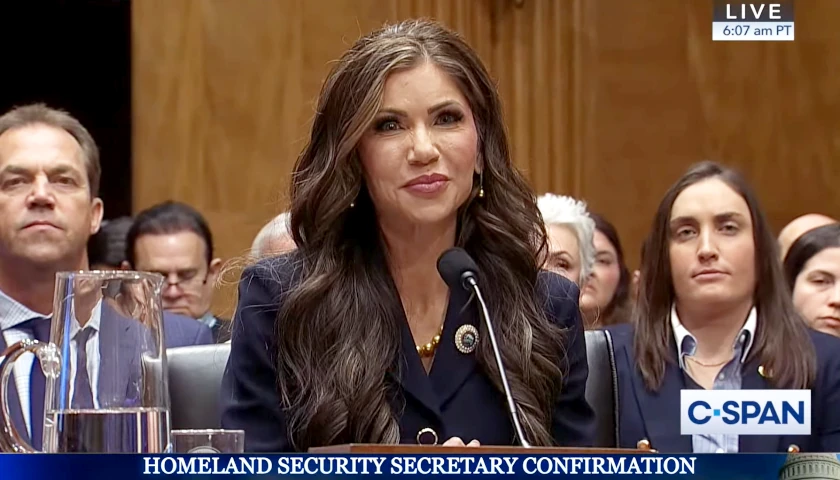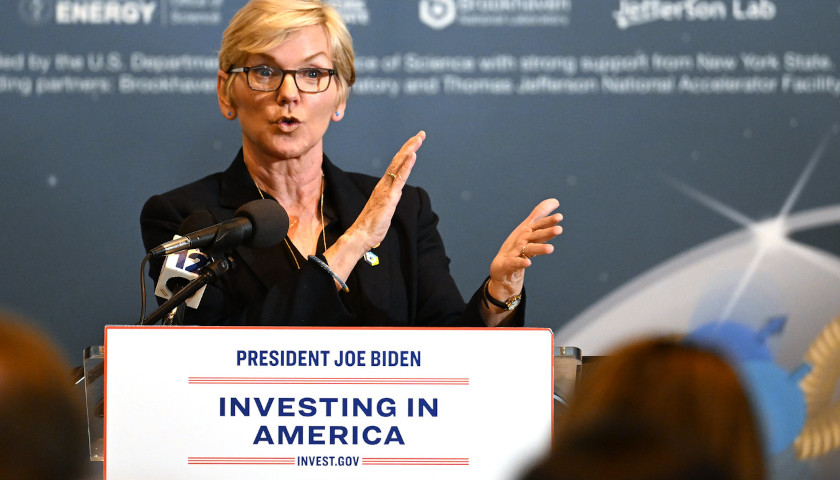Georgia State Senate Majority Leader Mike Dugan (R-HD-30) announced the meeting schedule for the Senate Study Committee to Revise Education Funding Mechanisms, on which he is chairman.
“Over the next few months, I will be chairing a committee to review Georgia’s education funding formula (QBE). We’re going to make Georgia the #1 state for education!” Georgia District 30 State Senator Dugan tweeted.
Pursuant to Senate Resolution 650 (SR650), the education funding committee was formed during the 2022 Legislative Session to assess the methodology for public school funding.
Georgia House District 57 Representative Stacey Evans spoke to the Georgia Star News on Tuesday.
“The QBE formula is wildly outdated and needs to be revised. I look forward to seeing the committee’s work and hope it works with equity in mind and focuses on how to set funding for student needs that will stand the test of time,” Evans said.
In addition to Chairman Dugan, other members include Minority Caucus Secretary Nan Orrock, Senate Education and Youth Committee Chairman Chuck Payne, Senate Appropriations Committee Chairman Blake Tillery, Senate Committee on Higher Education Chairman Lindsey Tippins, and Ex-Officio Member, State Senator Billy Hickman.
“It makes a world of difference when our students have the resources they need to succeed and we will explore all possibilities to ensure our funding formula is inclusive of the needs of schools statewide,” State Senator Payne (R-Dalton) said in a Georgia Senate press office submission.
According to the Georgia Constitution, “the provision of an adequate public education for the citizens shall be a primary obligation of the State of Georgia,” and indeed, the Department of Education (DOE) receives the largest annual appropriation of any state agency.
The bulk of this financial allocation to the DOE (37 percent of FY 2021) is channeled through the Quality Basic Education (QBE) program, which determines the amount of funding per student through a mathematical formula outlined in Georgia Code Title 202, Chapter Two, Article Six (O.C.G.A 20-2-161).
A particular school’s QBE funding is calculated by multiplying a number known as an FTE (full-time equivalent, a unit used for measuring a school day), which varies based upon the level, type, and size of a given class or program, by the program cost, or weight. This number is the Base QBE Earnings, a number that increased by additional teacher pay, administrative pay, and the cost of maintenance and operations.
QBE consists of maintenance and operations (M&O) costs, indirect instructional costs, and direct instructional costs, the latter of which constitutes the plurality of QBE earnings.
Direct instructional costs in fiscal year 2021 (FY 2021) were $9.5 billion.
According to the Georgia Department of Education Statement Allotment Sheet, direct instructional costs include teacher salaries ($8.7 billion in FY 2021), counselors ($247.9 million in FY 2021), subject specialists ($190.5 million in FY 2021), technological specialists ($117.7 million in FY 2021), teacher aides ($100 million in FY 2021), and operational funds for consumable materials ($192 million in FY 2021).
In FY 2021, Georgia public school central administrations received north of $268 million.
Special education leadership received the most out of central administration recipients, a group that includes social workers ($52.3 million), psychologists ($52.3 million), assistant superintendents ($50.4 million), superintendents ($16.2 million), accountants ($4.6 million), and secretaries ($3 million).
An additional $157,000 was allocated for central administration general operating costs.
Georgian school administrations received $468 million in FY 2021, designated for principals, assistant principals, and secretaries.
An additional $12.2 million was partitioned for school administrations for “general operating costs.”
Facility maintenance and operations (M&O) costs were calculated to be $524.1 million.
In addition to evaluating the methodology for the funding that Georgia public schools receive in a fiscal year, the committee will also evaluate capital outlay, equalization grants, and virtual schools.
As part of the partnership between state and local governments, the local governments are required to pay a Local Five Mill Share to Uncle Sam, an amount equal to 40 percent Equalized Adjusted Property Tax Digest multiplied by 0.5 percent.
The Local Five Mill Share for FY 2021 was a $2 billion.
The Peach State’s senate encourages Georgians to submit testimonies to be considered by the committee.
– – –
Addison Basurto is a reporter at The Georgia Star News and The Star News Network. Follow Addy on Twitter and GETTR. Email tips to [email protected].





